SERVICES
Interpretation

What is Interpretation and why is it useful for your company?
Interpretation involves conveying the meaning of text or speech when parties do not share a
common language. Interpreters bridge the communication gap, ensuring the preservation of the source language’s meaning.
Language interpretation entails rendering spoken or signed language into another, targeting a specific audience.
A successful interpretation respects the tone, intention, and emotions of the original message. Skilled interpreters possess the ability to quickly and accurately transform content in real time. They possess not only language proficiency but also deep cultural knowledge of the target audience. Our interpreters at Language Solutions Team are highly skilled and experienced in providing accurate and culturally appropriate interpretation services. They uphold the essence of the original message, facilitating effective communication across languages and cultures.
Different types of Interpretation Services:
In-person interpretation is also known as face-to-face or on-site interpretation. It offers highly qualified, experienced, and credentialed interpreters for in-person interpretation. Having the interpreter face-to-face with the Deaf or hard-of-hearing client provides the most accurate interpretation due to being able to see facial expressions and hand signals clearly. On-site interpreting is also needed for Tactile
Over–the–phone interpretation (OPI) is part of the Remote Interpreting Services. It is a process by which the interpretation is carried out over the phone, instead of face-to-face or in–person. It is useful when the interpreter is needed immediately and there aren’t possibilities of traveling, or if it is in a remote location.
Video remote interpreting (VRI) is also part of the Remote Interpreting Services. it Offers the same highly qualified and experienced interpreters remotely around the clock. VRI is easy-to-set up, easy-to-use, economical, consistent, and cost-effective. A high-speed, stable internet connection is necessary to ensure better quality, clarity and avoid gaps. VRI is usually recommended for short incidental events, and in emergencies where in-person interpreters are unfeasible. However, it is becoming increasingly more common and with better results due to advancements in technology.
Conference interpreting is used in meetings that have several participants, such as public conferences, events, etc. In conference interpreting, the interpreter must adapt the source language to different target languages.
Sign language interpreting (ASL) is when the speech must be interpreted using sign language so that viewers or attendants who are deaf or hard of hearing can understand what is being said. Sign language interpreting helps make language and content accessible for all.



